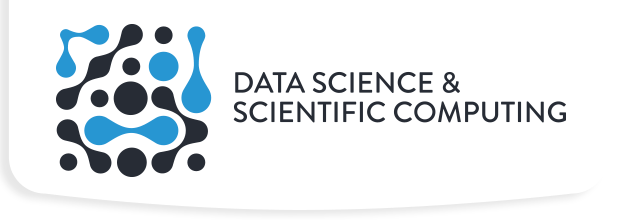Advanced Programming and Algorithmic Design
Objective: providing advanced knowledge of both theoretical and practical programming in C / C ++ and Python, with particular regard to the principles of object oriented programming and best practices of software development (advanced use of version control systems, continuous integration, unit testing), and introducing the modern technology of algorithms development.

